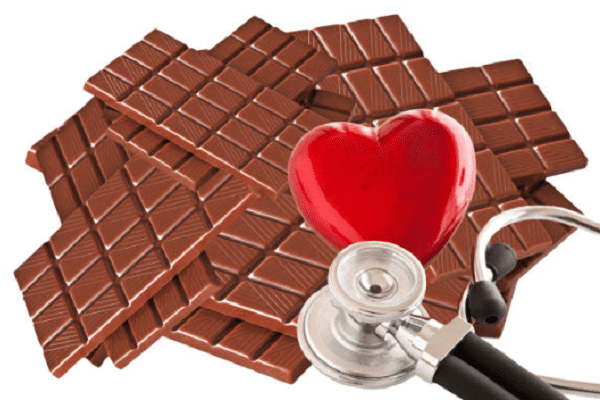Healing diets >>>> Diet for acute diseases of the heart and blood vessels
Diet for acute diseases of the heart and blood vessels (with myocardial infarction, stroke, acute heart failure).

Acute diseases of the heart and blood vessels, as a rule, require bed rest in the midst of their development. Then comes the period of rehabilitation after suffering attacks and acute cardiac reactions, which also requires continuation of bed rest and minimal physical activity. Difficulties with nutrition always accompany these diseases, since often not a hospital, but home treatment and recovery, are accompanied by difficulties in establishing a regular meal. And if, within the framework of the hospital regimen, such patients receive saline solutions through a dropper to maintain the functions of the body, then upon returning home, the question is raised about adhering to a special diet that takes into account bed rest, low physical activity, and minimized physical activity.
An important principle of following a proper diet for myocardial infarction or stroke or other acute diseases of the heart and blood vessels is to prevent constipation and maintain normal bowel function (no bloating, no diarrhea).

The diet of this period of the disease includes a regular and frequent drinking regimen - at least 6-8 drinks per day, half a glass (or a quarter of a glass) at a time in the first 1-3 days after the illness. For drinking, not only water is used, but also weakly brewed teas, compotes, rosehip infusions, fruit juices diluted with water (peach, apricot, pumpkin, grape, carrot, berry assorted), vegetable juices (carrot, beetroot), assorted juices (carrots - apple; carrot - tomatoes; beet - pear; beet - apple; carrot - pumpkin - apple; pumpkin - apple; melon - apple), berry fruit drinks (Cranberry, Blueberry, Currant), homemade lemonade without the addition of concentrated citric acid. But all drinks must be slightly warmed up (and tea and Rosehip infusion should not be drunk hot, but warm). The number of approaches in a drinking regimen is reduced if broths (chicken, mushroom, fish) or vegetable soups are included in dietary dishes.

With bed rest, a person may sweat more often than usual, and experience the urge to urinate. These facts must be taken into account, since substances useful for the heart and blood vessels (especially Potassium, Magnesium, Sodium) go away with sweat and urine, which must be taken into account and the level of these elements must be replenished with nutrition. Therefore, steamed, sautéed or baked vegetables (cabbage Broccoli, Asparagus, Tomatoes, Potatoes, Pumpkin), low-fat boiled or steamed or baked fish, eggs, boiled mashed potatoes from beets, carrots, pumpkins, zucchini, dried fruits (prunes, dried apricots, dates, large raisins), baked fruits (pears, apples, plums, peaches, apricots). Boiled vegetables must either be mashed or grated on a coarse grater to make it easier for the intestines to digest the food. The skin is removed from the products after heat treatment, seeds from vegetables and fruits are removed before eating. It is useful to eat chocolate (bitter and milk) during the diet, drink cocoa, brewed with a minimum of milk. These are foods rich in essential micronutrients.
Table salt is an important factor in health improvement in this diet. Dishes are salted according to the norm of a person's body weight, they are allowed to eat salted soft fillets of canned fish, fish caviar, hot and cold smoked fish fillets. You can use fish and seafood pate, liver pate (beef, chicken), boiled sausage.
It is useful for dietary nutrition during this period to cook boiled (watery) porridge from oatmeal, millet, buckwheat, barley, barley, mashed corn or rice. Be sure to use butter and vegetable oil in the heart's diet. It is added to cereals and grated purees.
Bread, flour products, all types of legumes, collard and head cabbage, bell peppers, coarse-fiber vegetables and fruits, mushrooms, meat (beef, pork, lamb), sweets, nuts, dairy and dairy products (including cheeses, feta cheese and cottage cheese) cause fermentation processes, which greatly complicates treatment and rehabilitation in acute diseases of the heart and blood vessels.
They switch to solid food after a while, when the patient can move a lot - spend more time in a sitting position and walk a lot (sit on a chair, and not lie or half lie in bed, walk around the room, stand for a long time, leaning on the support).
During the period of treatment and rehabilitation after a heart attack, stroke, acute heart failure or other acute conditions of the heart and blood vessels, it is important for the patient to regularly empty the intestines and not gain excess weight - these are signs of a correct therapeutic diet for such diseases.

Read

Read



























